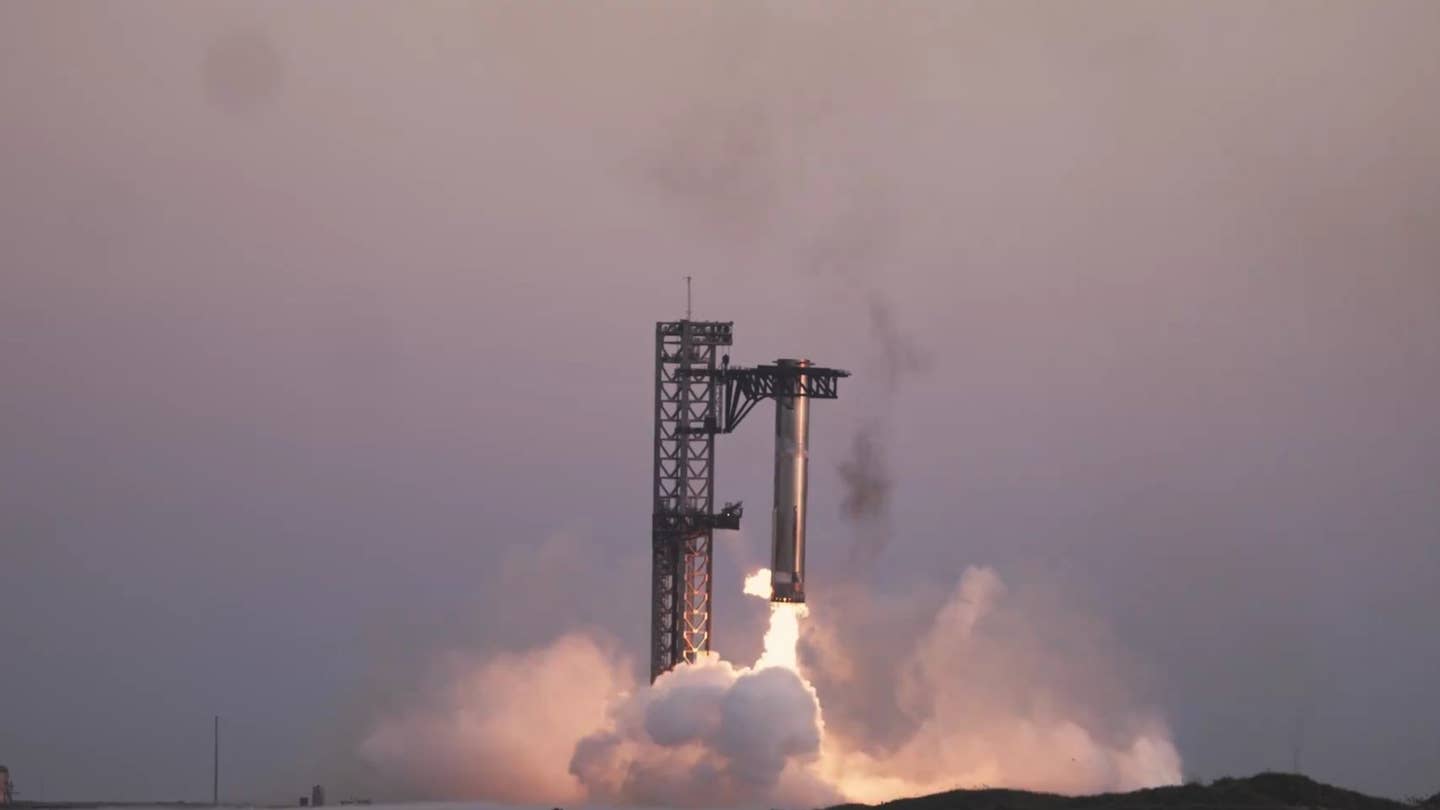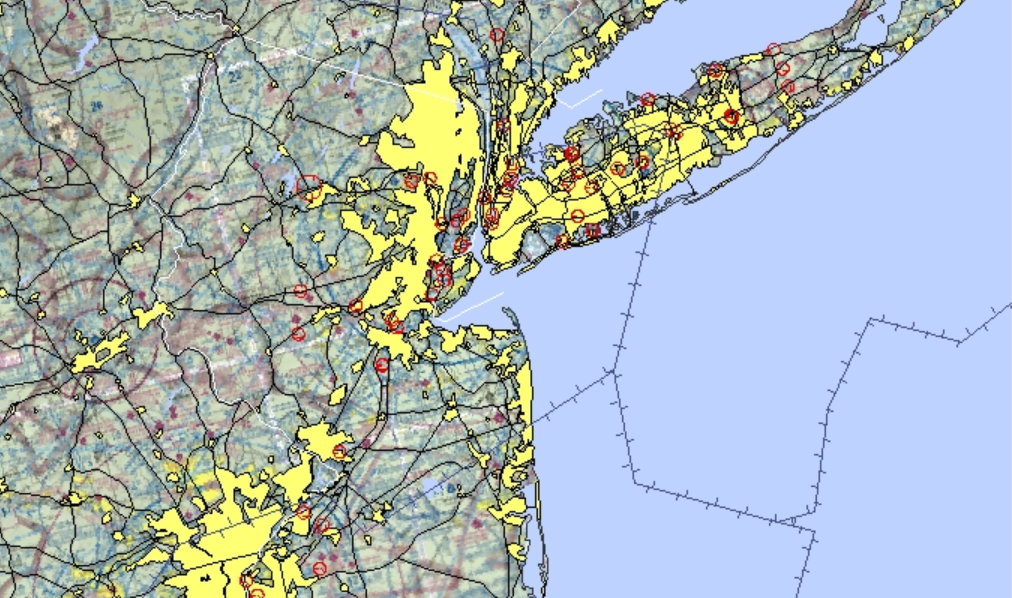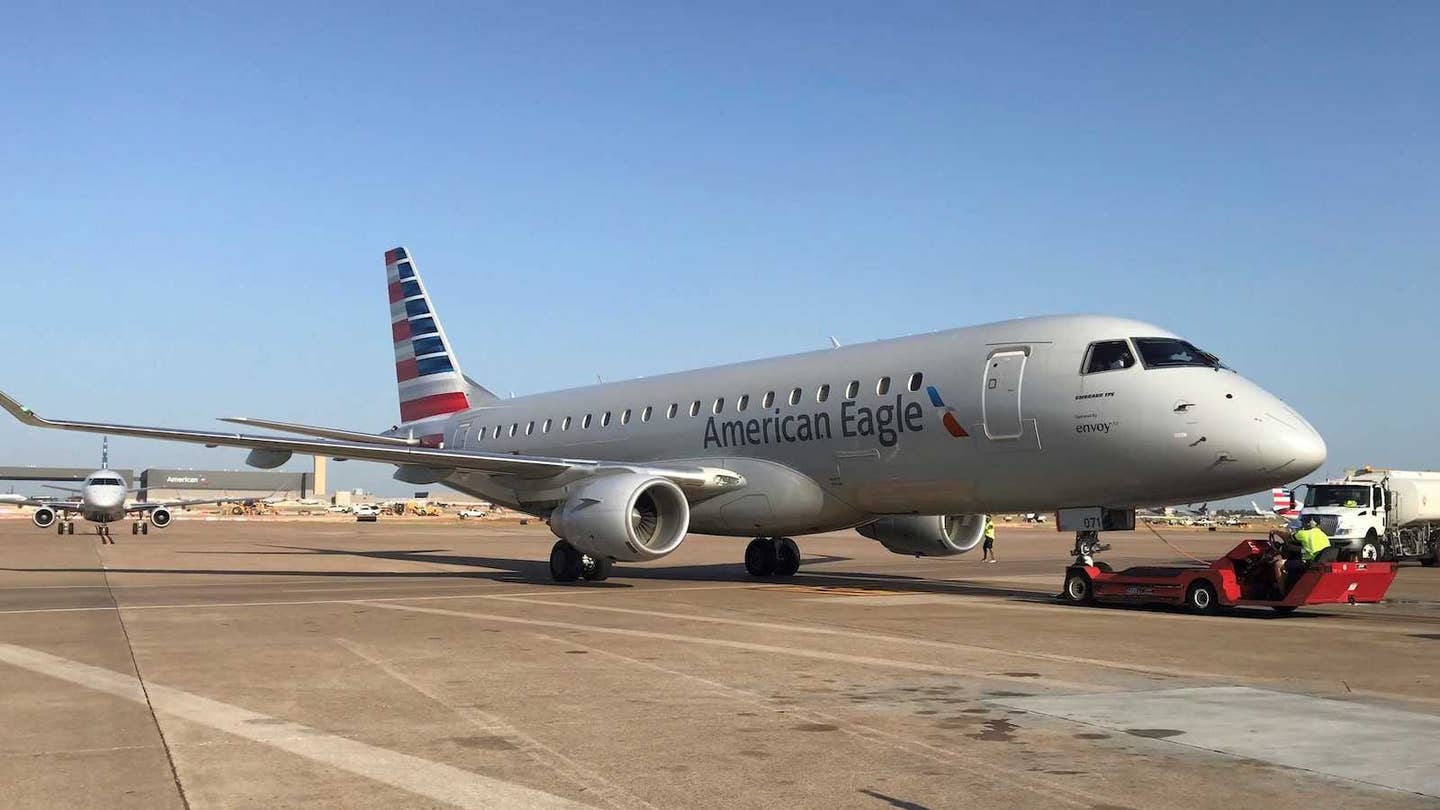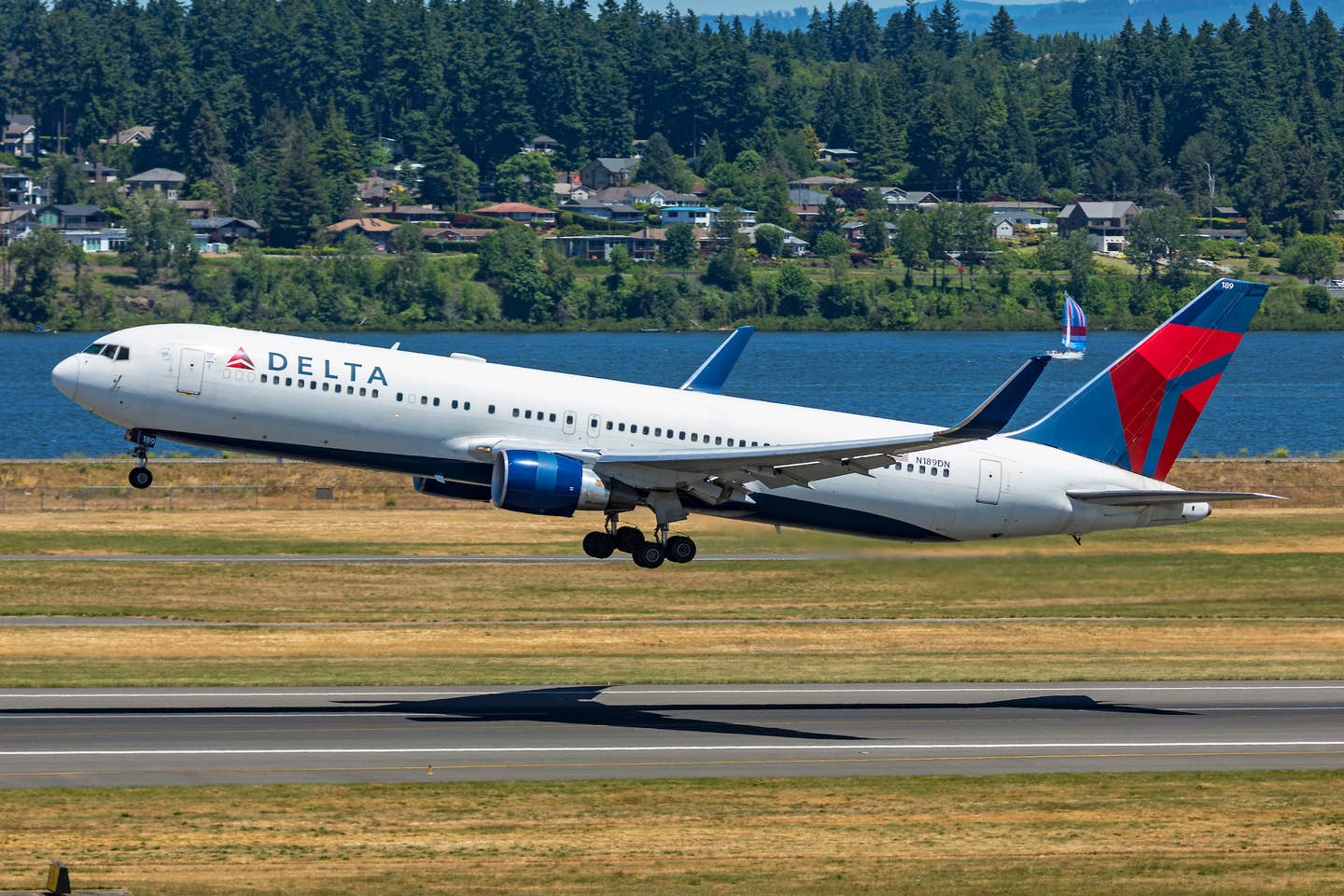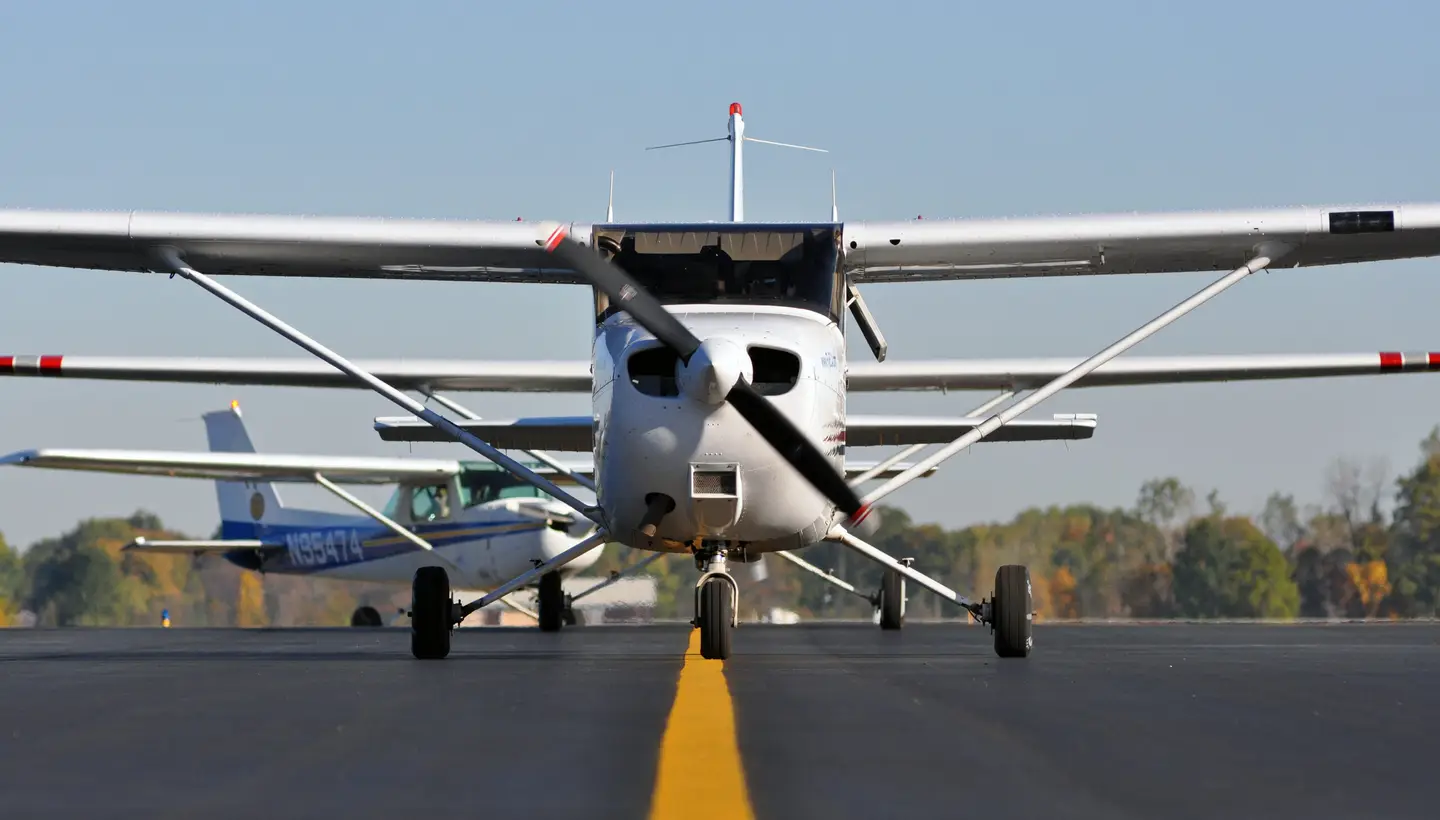
A debate is percolating online about the risks of flying jets single-pilot after the crash of an Embraer Phenom 100 in Maryland earlier this month that killed six, including three people on the ground. Former Flying editor Richard Collins weighed in on his website, arguing that the FAA shouldn't approve any jet for single-pilot operations unless it's equipped with autothrottles. The airlines, meanwhile, are taking a slightly different tack: Cram the cockpit full of advanced automation, they say, and eliminate all the copilots.
To test whether this labor-saving move would be feasible or safe, NASA has selected Rockwell Collins as the lead research firm for the Single Pilot Operation program, an effort aimed at exploring concepts and automation technologies for airliners that one day might lead to copilot-less airplanes.
"The aviation industry has been looking at the potential for single-pilot operations for quite some time to address concerns about future pilot shortages, but there are a number of technical, certification, and policy considerations that must be addressed along the way," said John Borghese, vice president of the Advanced Technology Center for Rockwell Collins. "Social acceptability must also be considered."
That's for certain, and not just among wary passengers. Computer automation is eventually predicted to replace all kinds of jobs performed today by humans, from driving taxicabs to writing news articles to flying airplanes. Pilots unions are unlikely to accept single-pilot airliners without a fight, and the FAA won't dare sign off without assurances that safety would be demonstrably improved.
Rockwell Collins and NASA experts will continue working together on the Single Pilot Operations program through next September, studying a variety of crew resource management and physiological monitoring technologies that could one day herald airliners built with just one pilot station. Collins is also conducting cognitive science research into single-pilot operations with its academic partners on the program, California State University, Long Beach, and the University of Iowa.
While the transition to single-pilot airliners should be cause for concern to future prospective professional aviators, the technology research could be a boon for general aviation pilots who would benefit from the new automation tools. In fact, there's a good chance the technology would be applied first in GA airplanes before widespread adoption by the airlines. If the researchers get it right, the risks of single-pilot flying by non-professionals could be greatly reduced.
Get exclusive online content like this delivered straight to your inbox by signing up for our free enewsletter.

Sign-up for newsletters & special offers!
Get the latest FLYING stories & special offers delivered directly to your inbox

